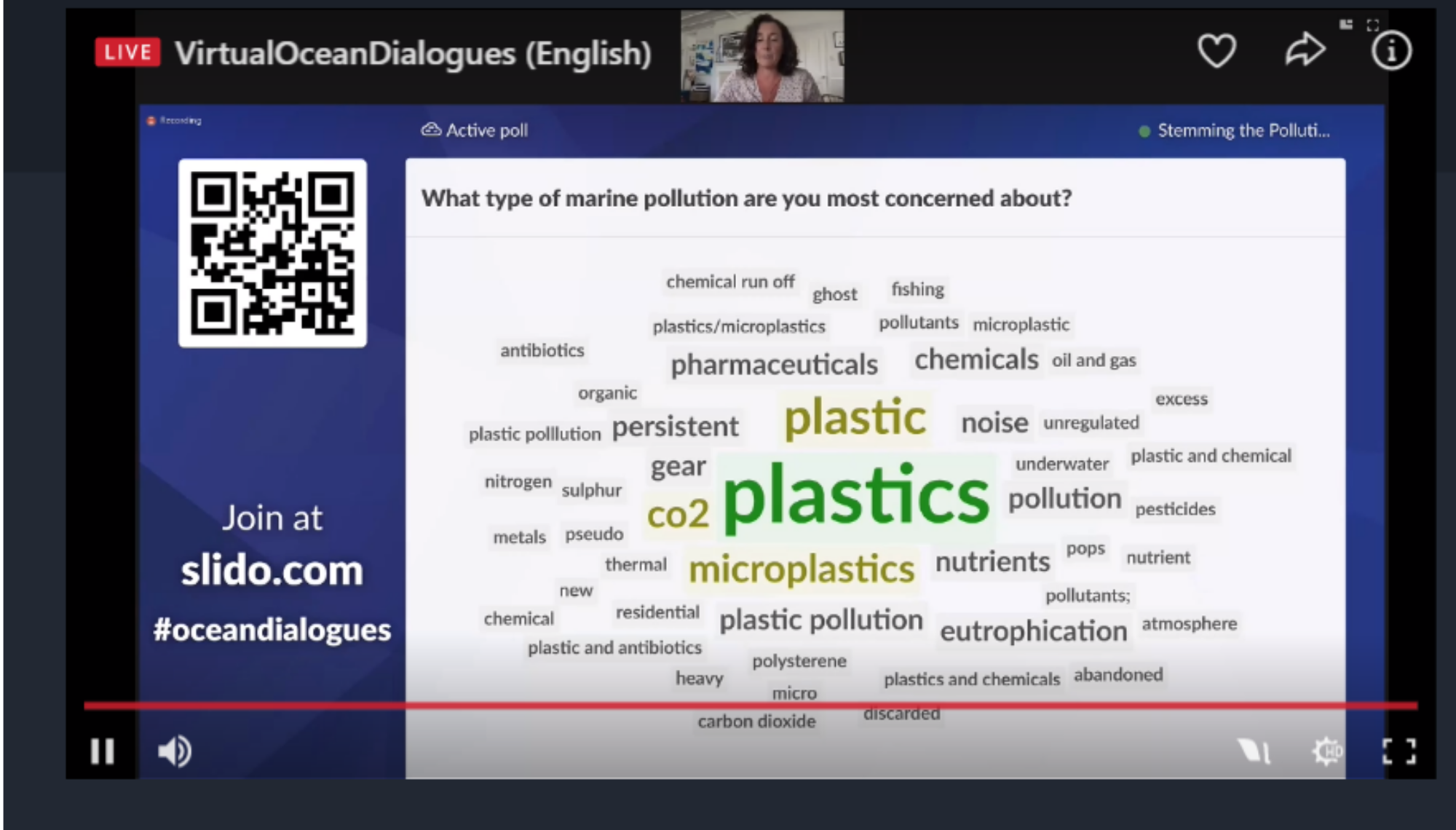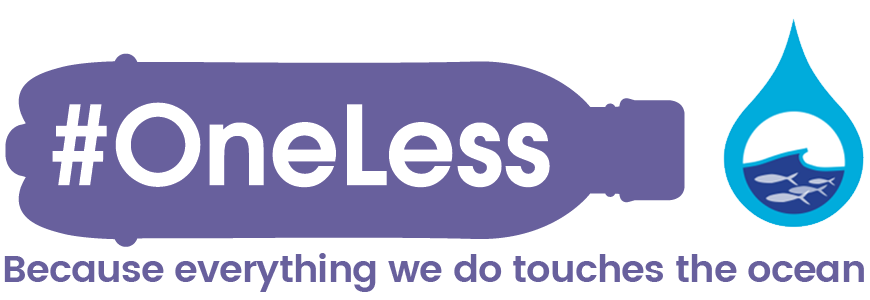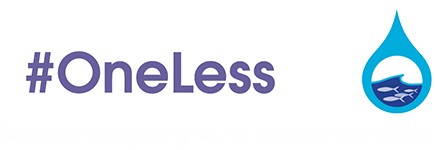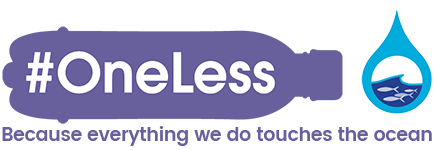Speaking in ‘Stemming the Pollution Tide’, a Virtual Ocean Dialogue, ocean leaders have said that plastic remains their greatest pollution concern, that we need a new global framework to tackle it, and that we all have a part to play in solving the problem.
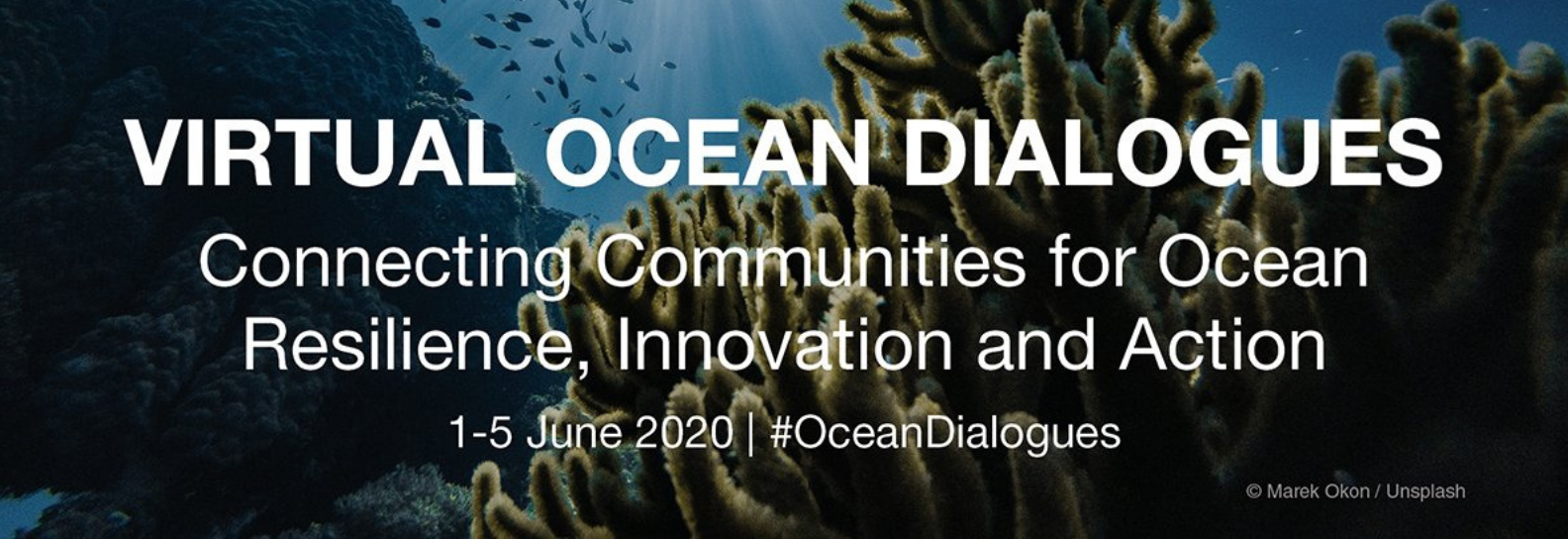
The Virtual Ocean Dialogues, running from 1 to 5 June 2020, are hosted by the World Economic Forum and Friends of Ocean Action. They are an interactive online global event connecting business, government, civil society and scientists taking action to protect the ocean for future generations and provide a platform to share and scale innovations and solutions that contribute to a healthy, resilient ocean.
On 2 June, the #OneLess team joined ‘Stemming the Pollution Tide’, chaired by journalist and environmental campaigner Lucy Siegle, with speakers from the United Nations Environment Programme, WWF International, the Swedish Ministry of Environment and the Coca-Cola Company:
- Isabella Lövin – Deputy Prime Minister and Minister for Environment and Climate of Sweden.
- James Quincey – Chairman and Chief Executive Officer, The Coca-Cola Company.
- Inger Andersen – Executive Director, United Nations Environment Programme.
- Marco Lambertini – Director-General, WWF International.
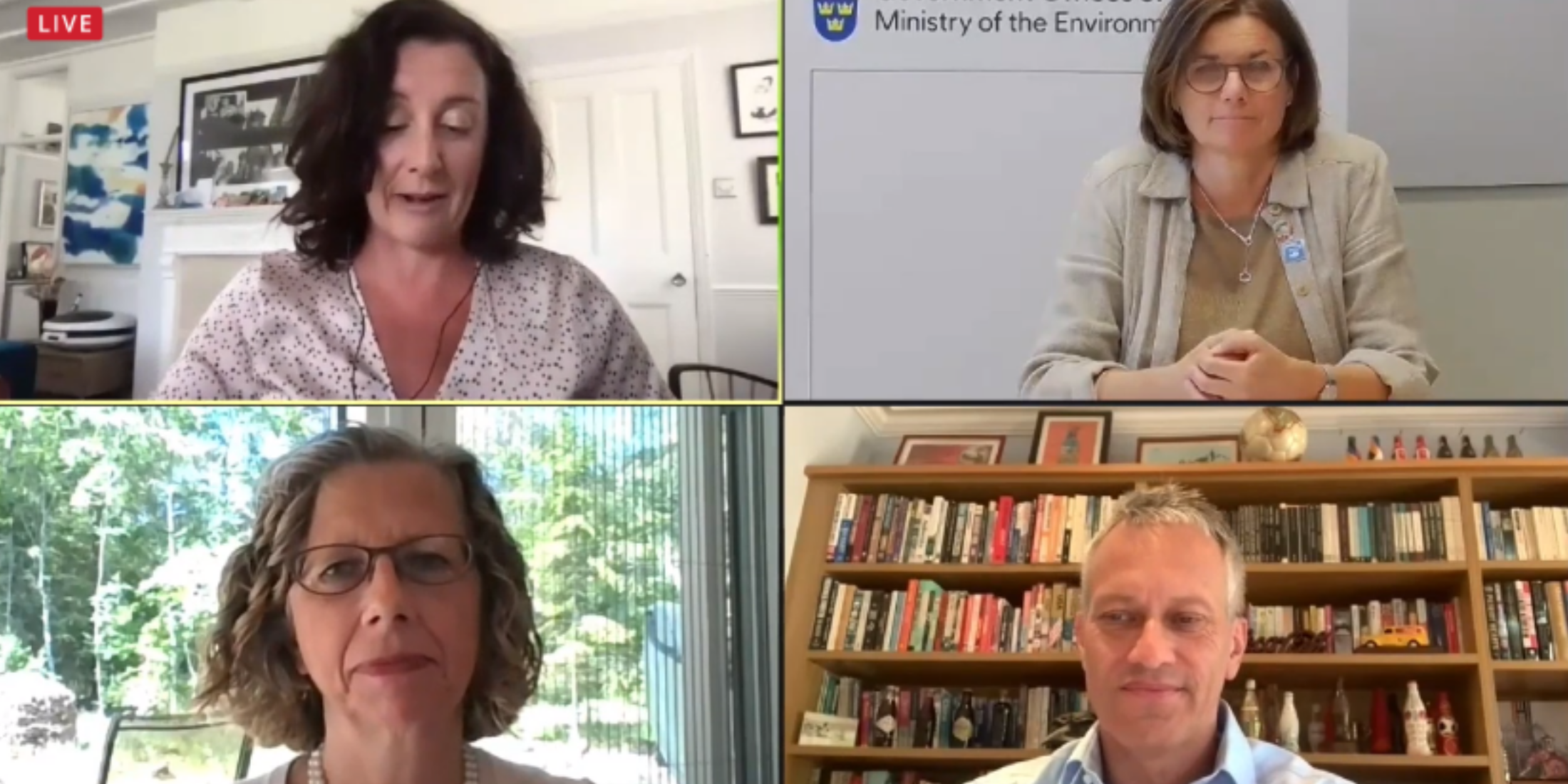
Other highlights from the discussion included:
- Plastic was identified by the attendees as the type of ocean pollution they were most concerned about, followed by microplastics and carbon dioxide. Plastic remained the key focus of the conversation, however persistent organic pollutants (such as fertilisers) and carbon dioxide were also noted as important sources of ocean pollution by the panellists.
- Plastic pollution was recognised as a solvable problem. It has been made by humans and can be unmade. The current way we produce and consume isn’t a given and can be changed.
- There may be an opportunity for us to ‘flick the green switch’ as we come out of the COVID-19 pandemic. Governments around the world will need to help with regeneration, so this should be done in a way that benefits nature and the environment.
- Emphasis needs to be on prevention, rather than clean-up operations. Reducing the amount of plastic that is produced, used and thrown away is critical. As is recovery and circularity. Panellists discussed how action is needed on all fronts.
“The bottom line is we have to stop the plastic tap” – Inger Andersen
- Panellists agreed that a multi-stakeholder approach is critical, encompassing the whole value chain from design and production, to use and disposal. A key point repeated throughout the discussion was that the solution lies in collaboration – between governments, industry, the supply chain, and the consumer.
“There is work for everybody in tackling this issue” – Marco Lambertini
- While the UN Ocean Conference has been postponed, there is no room to postpone action to tackle the ocean plastic pollution crisis. It’s important to double down on efforts in the coming months and years. In the aftermath of the COVID-19 pandemic, when governments are going to be prioritising use of resources and stepping in to support industry and invest in job creation, there is a real opportunity to accelerate a transition to a sustainable society and the circular economy is one of the cornerstones of this.
“Don’t waste a crisis” – Lucy Siegle
- Closing remarks were provided by the Director-General of WWF International, who ended by calling for four urgent actions to stem the plastic pollution problem: a reduction in the amount we use; and expansion of the amount collected; an increase in the amount recycled; and lastly, development of alternatives that are truly biodegradable.
“The time has come for our society to stop taking nature and the ocean for granted” – Marco Lambertini
The Dialogues cover key issues affecting the health of the ocean from illegal fishing, to pollution, and outcomes from the event will be presented to the host and organisers of the UN Ocean Conference 2020 (which was scheduled to take place in Lisbon this week but has been postponed due to the COVID-19 pandemic).
